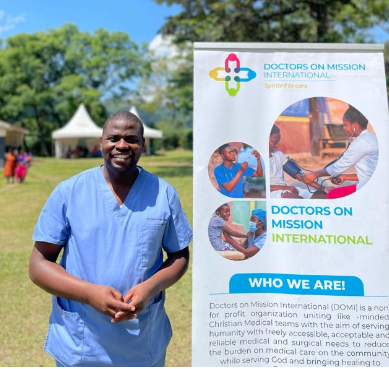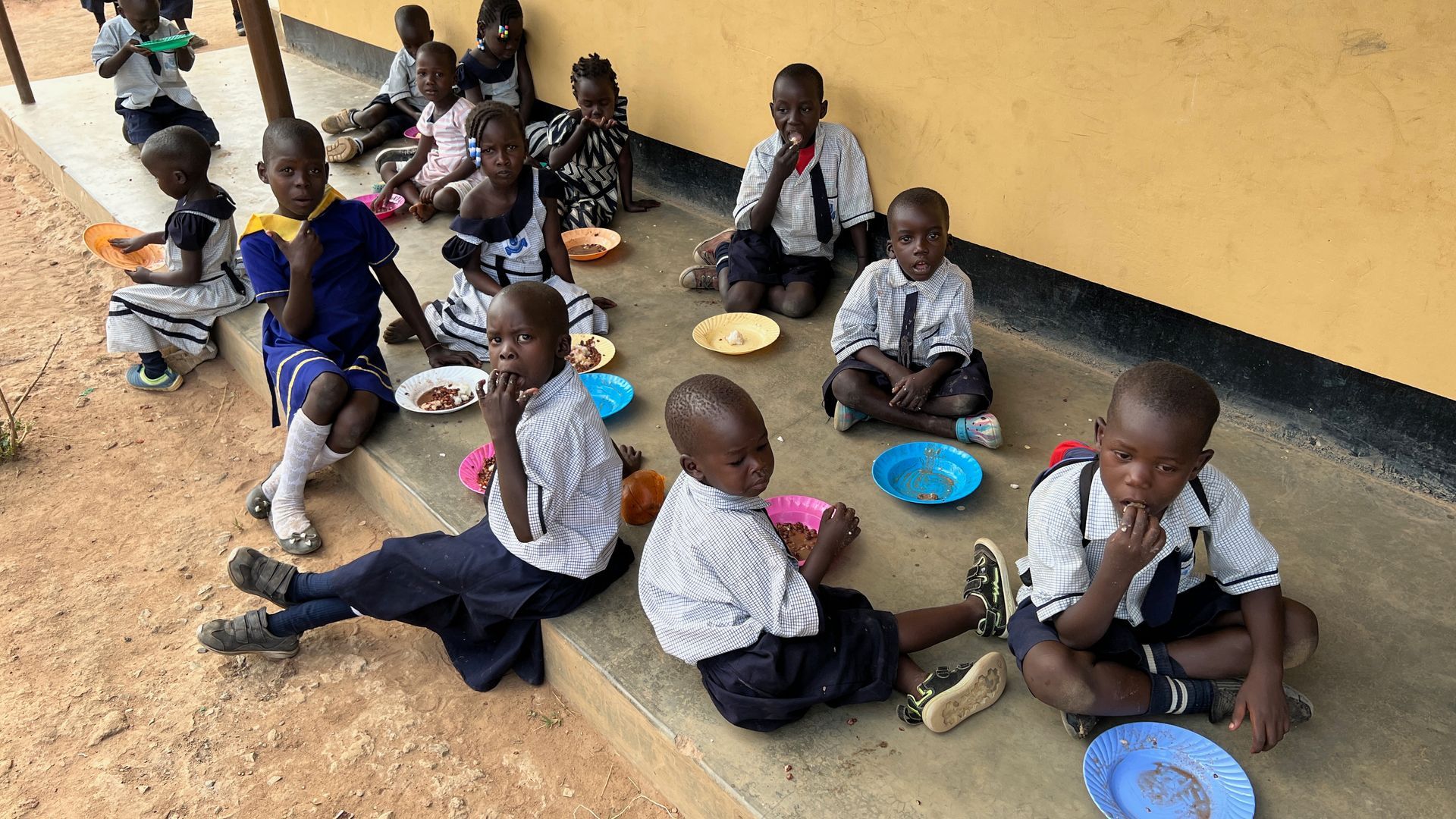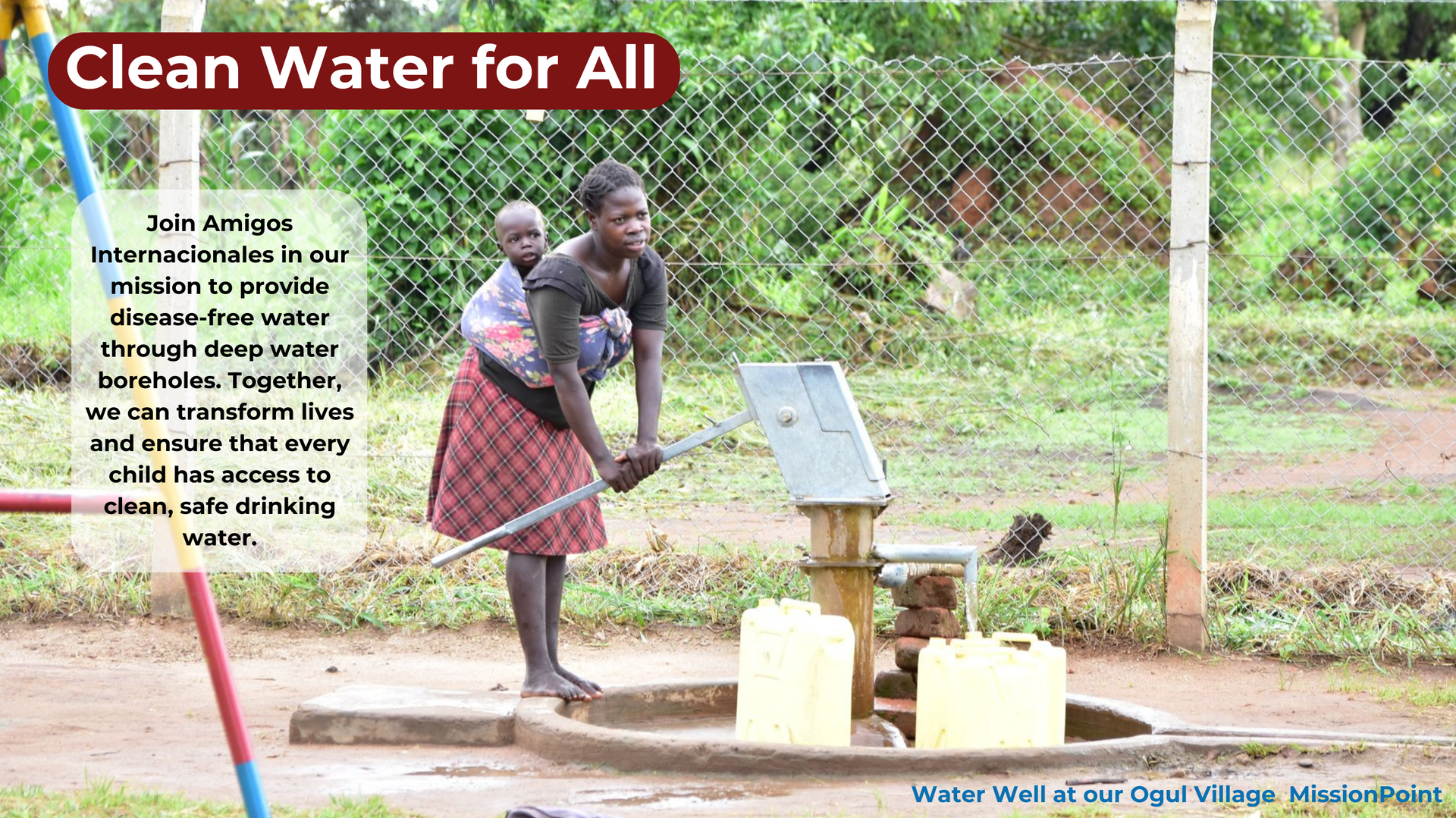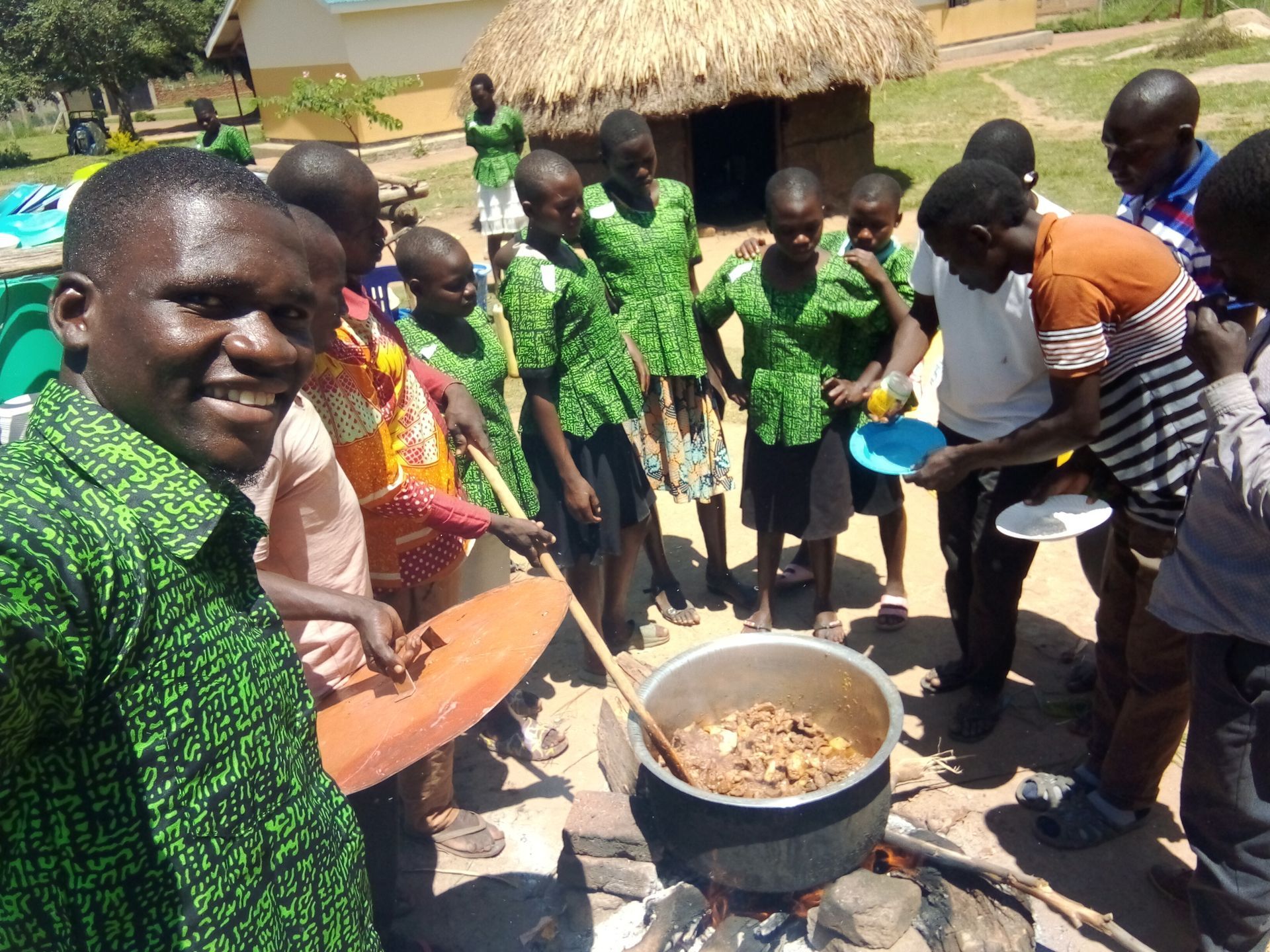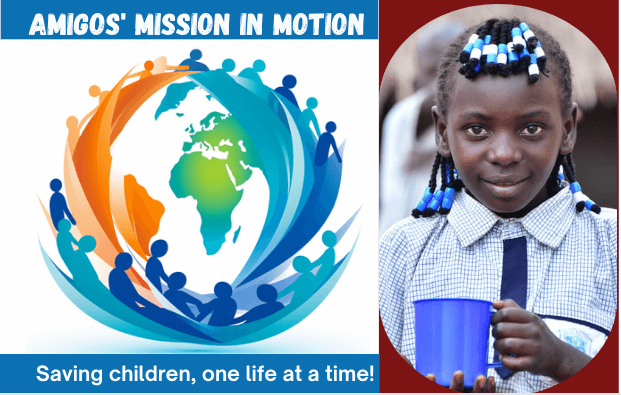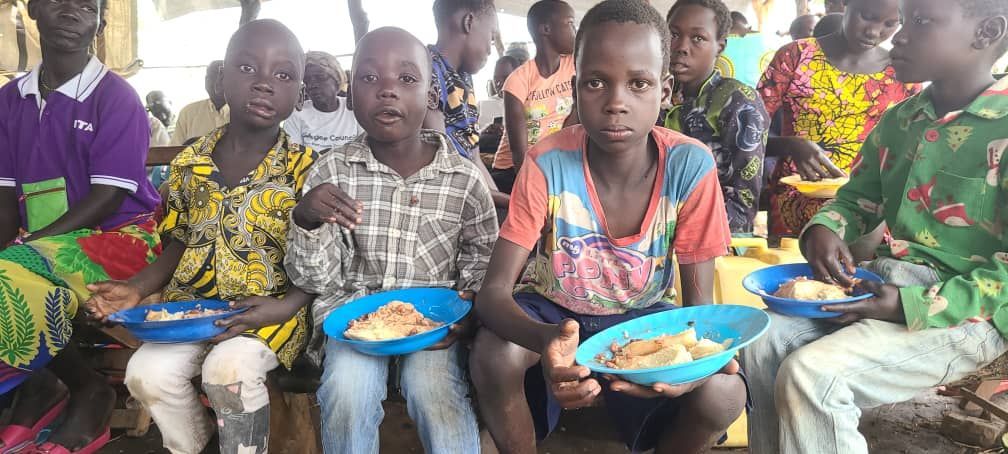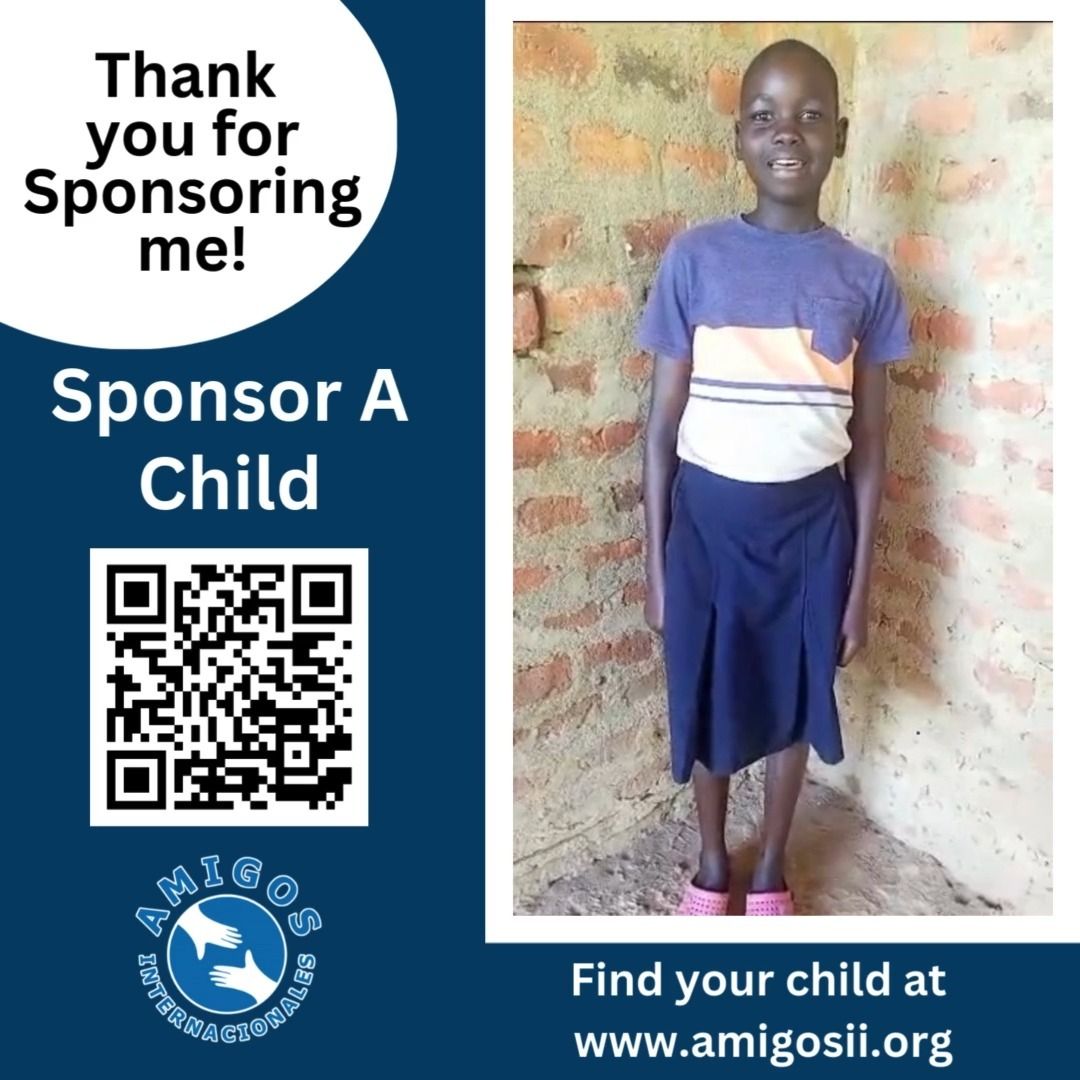Feeding programs in impoverished countries are crucial for children's development. These programs help provide essential nutrition to children who may not have access to proper meals. Studies have shown that regular access to nutritious meals can lead to improved physical and cognitive development in children. Feeding programs can also help reduce malnutrition rates and improve overall health. It is important to continue supporting and implementing these programs to ensure the well-being and future prospects of children in impoverished areas.
Effect of malnutrition on child development
Malnutrition can lead to stunted growth, impaired brain development, and weakened immune system in children. According to the World Health Organization, malnutrition can result in physical and mental developmental delays, affecting a child’s ability to learn and thrive. Children who experience malnutrition are more likely to struggle with cognitive development, behavioral problems, and chronic health issues. It is crucial to address malnutrition in impoverished countries to ensure the healthy development and well-being of children.
Nutritional needs of children in impoverished countries
Children in impoverished countries often suffer from malnutrition due to the lack of access to proper nutrition. According to UNICEF, malnutrition can have a detrimental impact on a child's physical and cognitive development. It can hinder their growth, weaken their immune system, and impair their learning abilities. Children in these regions require a balanced intake of essential nutrients such as protein, carbohydrates, healthy fats, vitamins, and minerals to support their overall well-being. Ensuring access to these vital nutrients is crucial for promoting healthy growth and development in children living in poverty.
How feeding programs can support child development
Feeding programs can help support child development in impoverished countries by providing essential nutrients for growth and cognitive development. These programs can also improve children's attendance and participation in education, leading to better learning outcomes. Moreover, regular access to nutritious meals can enhance children's overall health, reducing the risk of malnutrition and related illnesses.
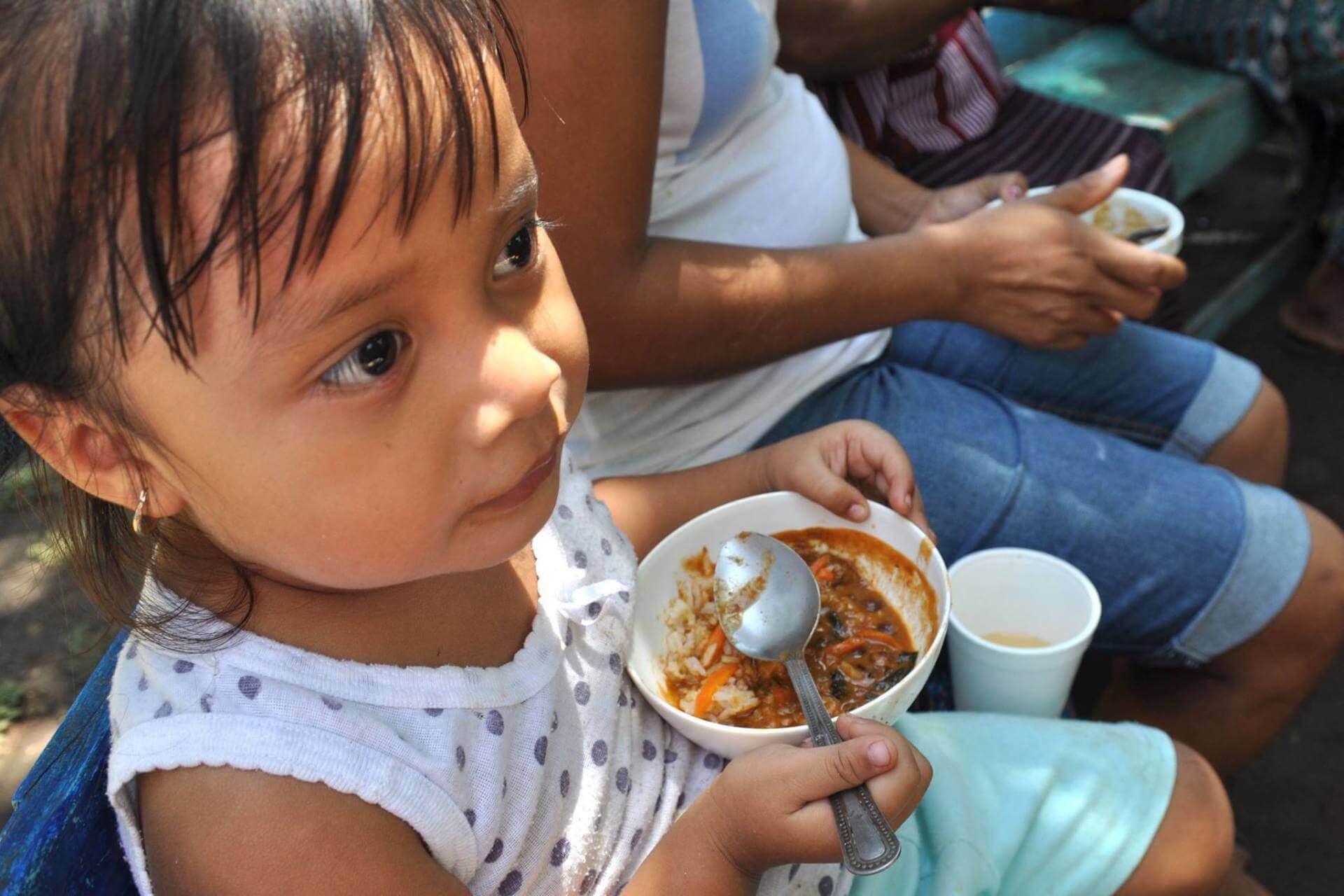
Types of feeding programs available
There are primarily two types of feeding programs available in impoverished countries:
- Supplemental Feeding Programs: These programs provide additional nutrients and food to children who are at risk of malnutrition. They typically include food distribution, micronutrient supplementation, and nutrition education to improve the overall health and well-being of the children.
- School Feeding Programs: These programs aim to provide regular meals to school children, which not only address hunger but also encourage school attendance and participation. The meals provided are often a significant portion of the children's daily nutritional intake, ensuring they have the energy and focus to engage in their studies.
Successful examples of feeding programs
Feeding programs like the World Food Programme and Action Against Hunger have been successful in improving child nutrition and development in impoverished countries. These programs provide nutritious meals, essential vitamins, and minerals to children, leading to better physical and cognitive development. Additionally, organizations like UNICEF and Save the Children have implemented feeding programs with a focus on community engagement, education, and sustainability, resulting in long-term positive impacts on child health.
Barriers to implementing feeding programs
Implementing feeding programs in impoverished countries faces several barriers, such as limited funding, lack of infrastructure, and cultural resistance. Additionally, the scarcity of trained personnel, inadequate transportation, and difficulties in accessing remote and conflict-affected areas further hinder the successful implementation of these programs. Despite these challenges, effective strategies, such as community involvement and collaboration with local authorities, can help overcome the barriers and ensure the successful implementation of feeding programs to support child development in impoverished regions.
Collaborations and partnerships for sustainable impact
To have a sustainable impact on child development in impoverished countries, collaborations and partnerships are crucial. By working together, organizations, governments, and communities can combine their resources and expertise to implement and maintain effective feeding programs. These partnerships can ensure that the programs are well-funded, that they reach those most in need, and that they are integrated into broader initiatives for long-term impact. In addition, collaborations can facilitate knowledge sharing, capacity building, and the development of best practices to ensure that feeding programs are effective and sustainable in the long run.
Monitoring and evaluating the impact of feeding programs
Monitoring and evaluating the impact of feeding programs is crucial for understanding their effectiveness in improving child development in impoverished countries. By tracking key metrics such as nutritional intake, growth rates, cognitive development, and school attendance, organizations can assess the program's success and make informed adjustments for maximum impact. Regular assessments and data collection are essential to ensure that feeding programs are meeting their intended goals and making a meaningful difference in the lives of underprivileged children. This process allows for continuous improvement and the ability to demonstrate the program's positive outcomes to donors and stakeholders.
Conclusion: The way forward for improving child development through feeding programs
To improve child development through feeding programs in impoverished countries, it is essential to focus on sustainable and long-term solutions. It is important to prioritize the following actions:
- Community Involvement: Engage local communities in the planning and implementation of feeding programs to ensure sustainability and cultural relevance.
- Nutritional Education: Provide education to caregivers and communities about balanced nutrition, healthy cooking techniques, and sustainable food practices.
- Infrastructure Investment: Invest in infrastructure such as clean water sources, storage facilities, and transportation networks to ensure consistent access to nutritious food.
- Government Support: Advocate for government policies that prioritize child nutrition and allocate resources to support feeding programs.
- By incorporating these strategies, feeding programs can have a lasting and positive impact on child development in impoverished areas.
Categories

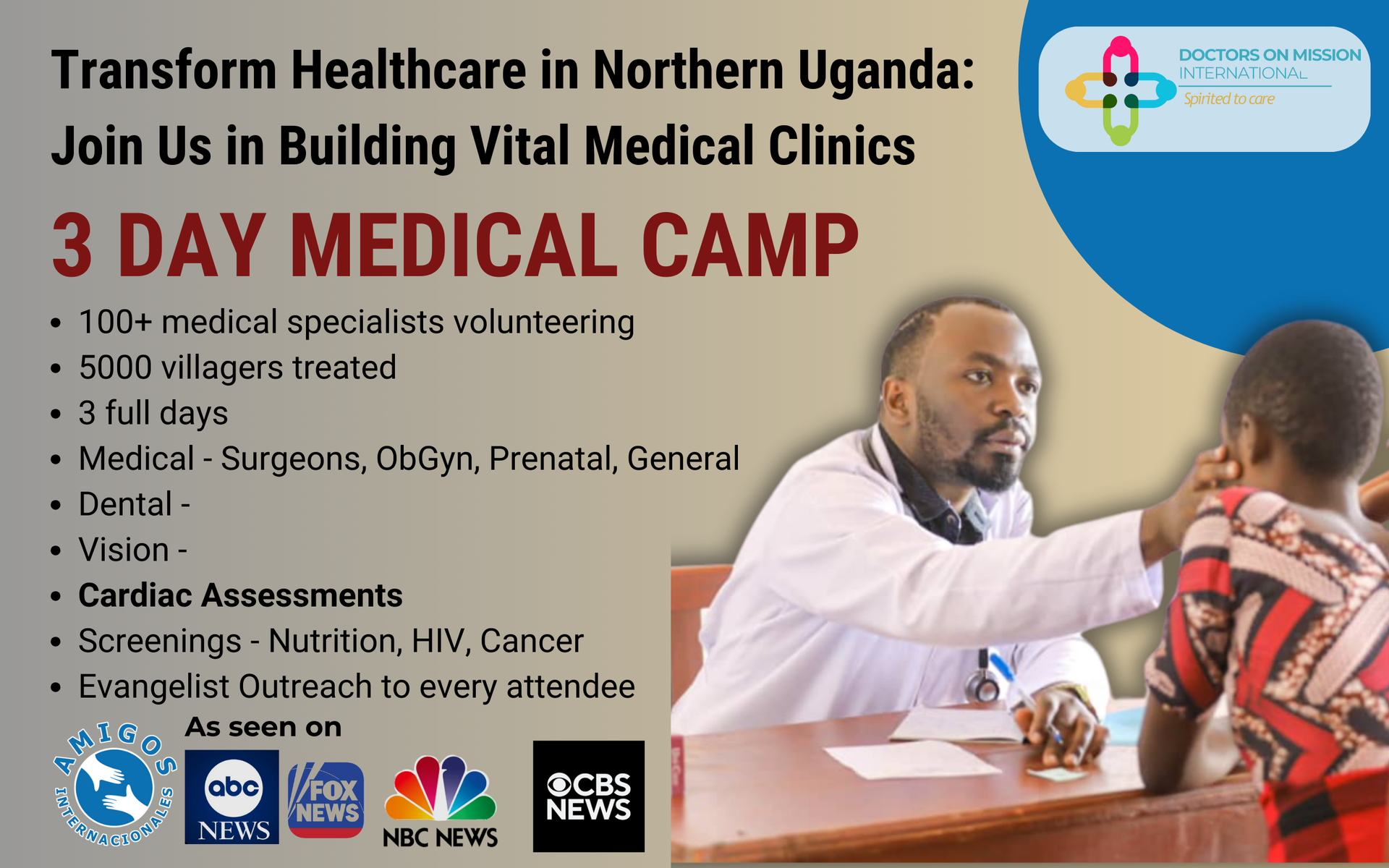
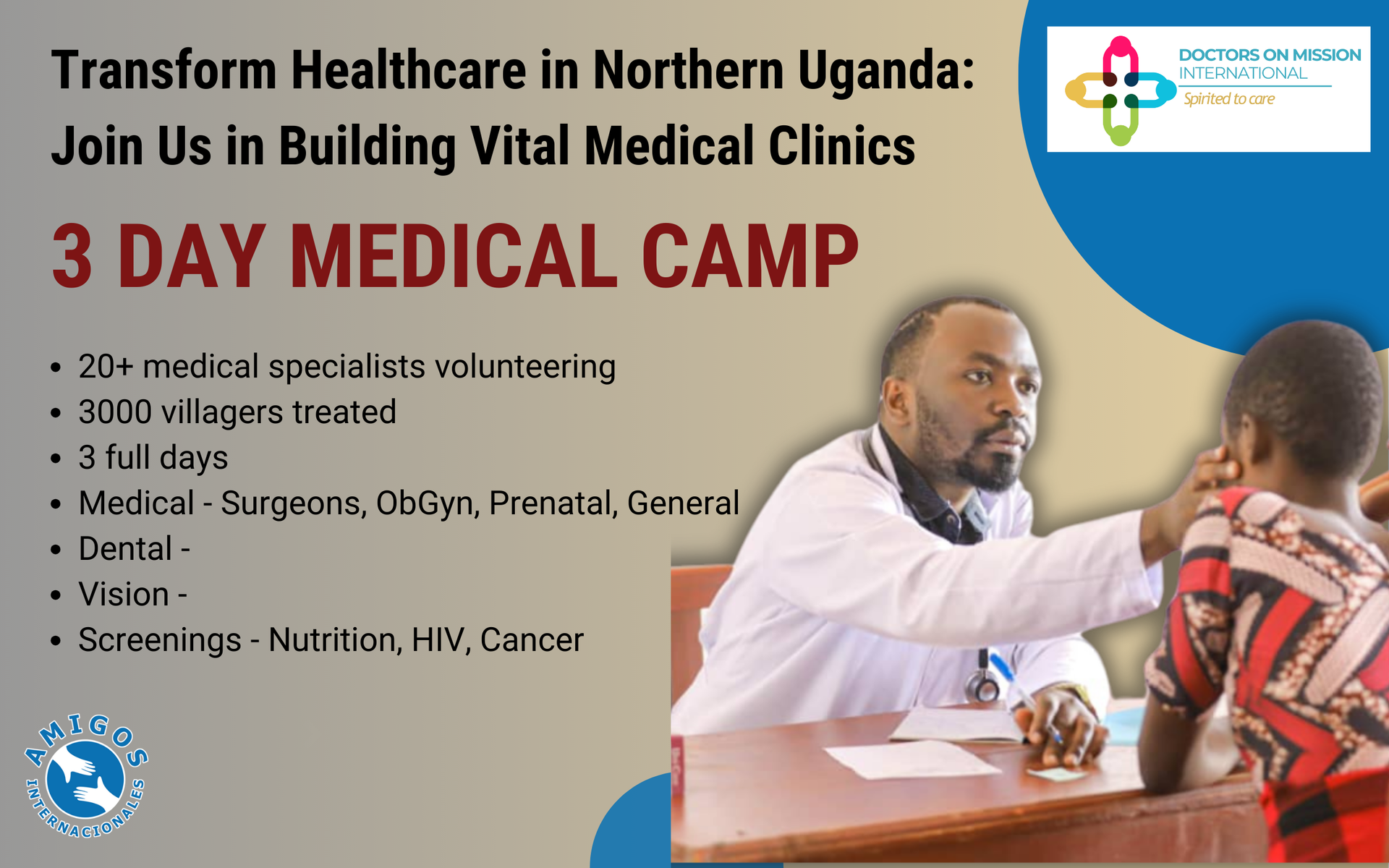

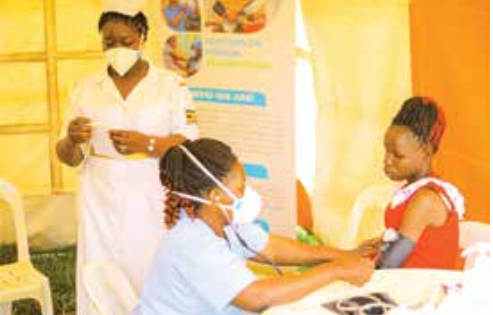
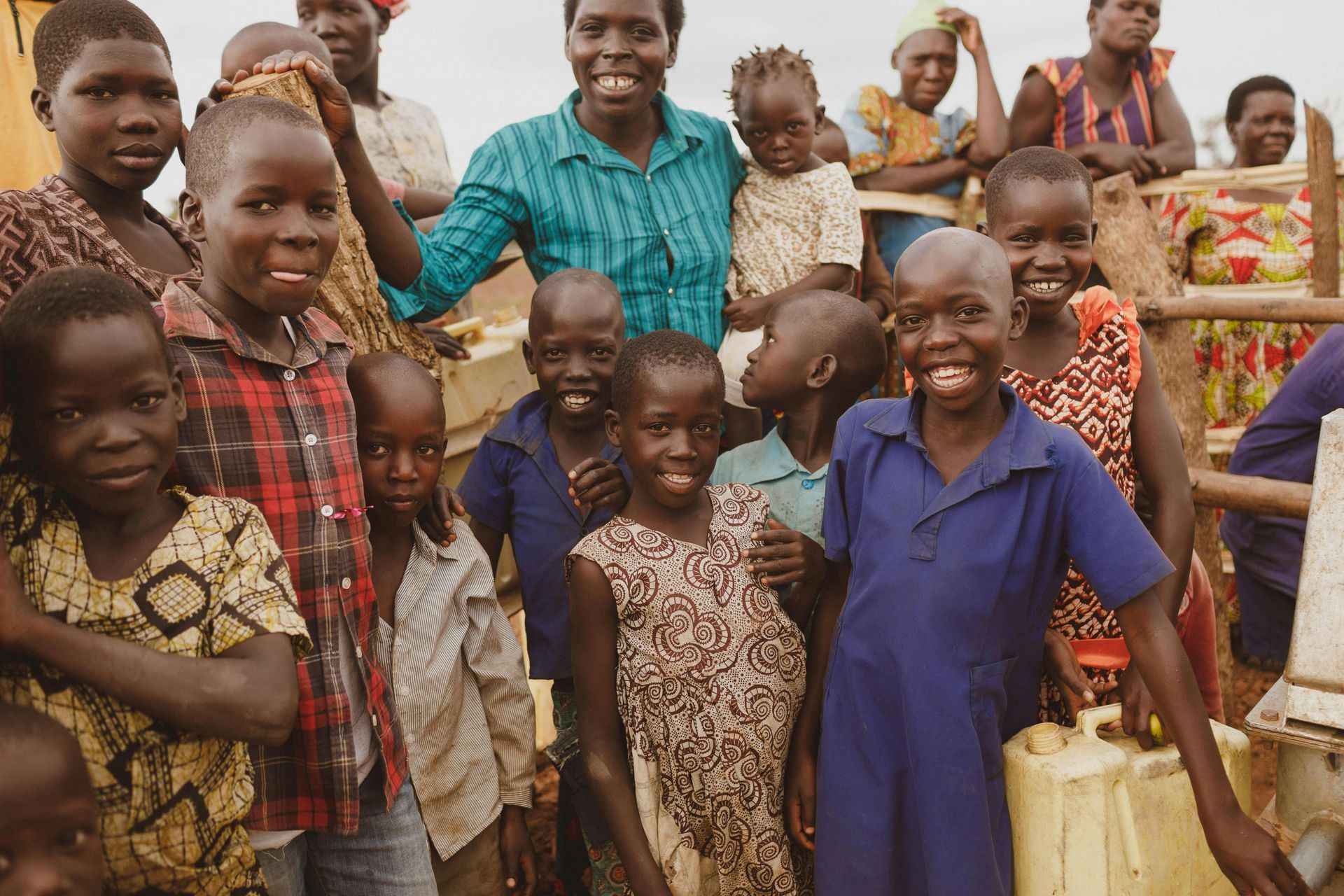

Social Media







